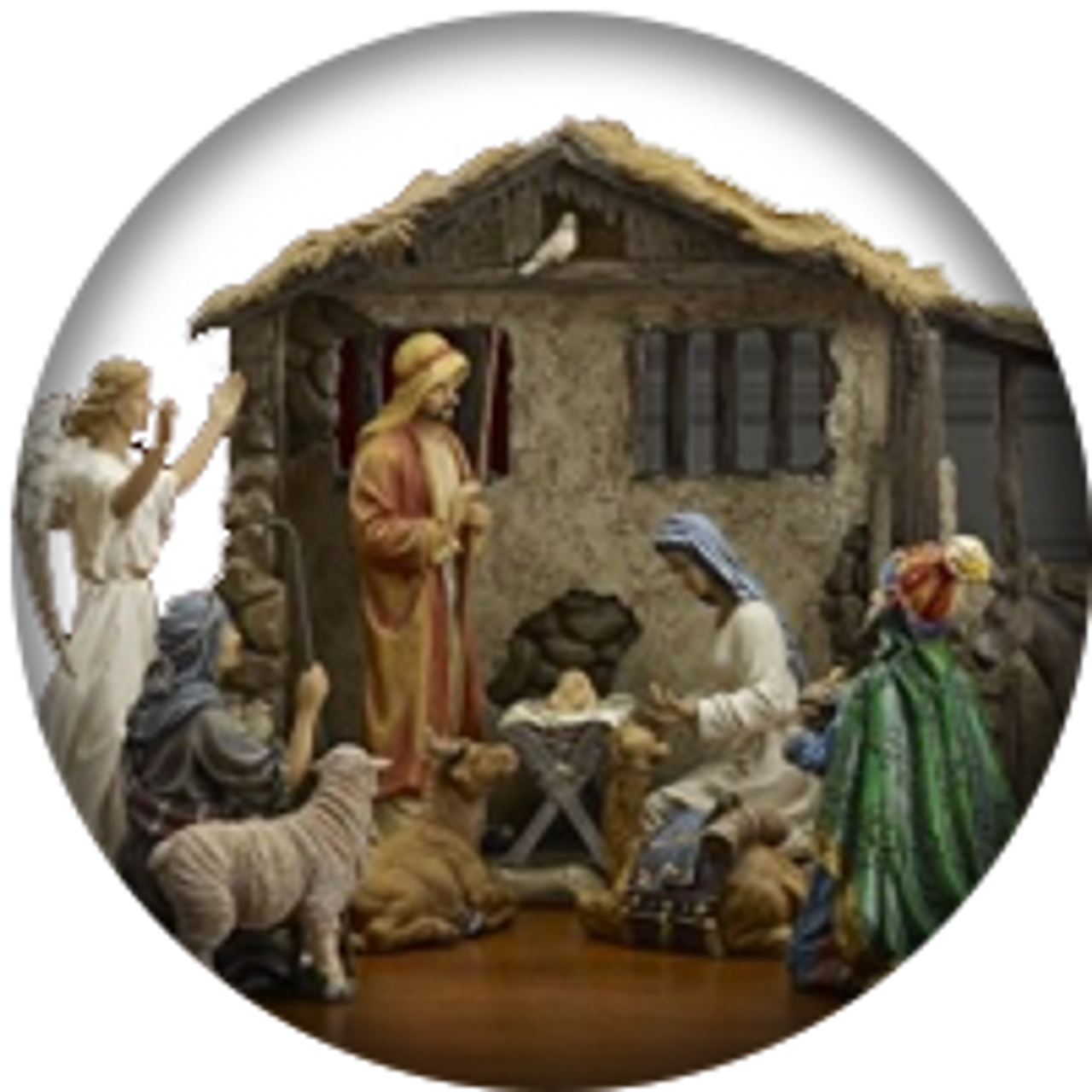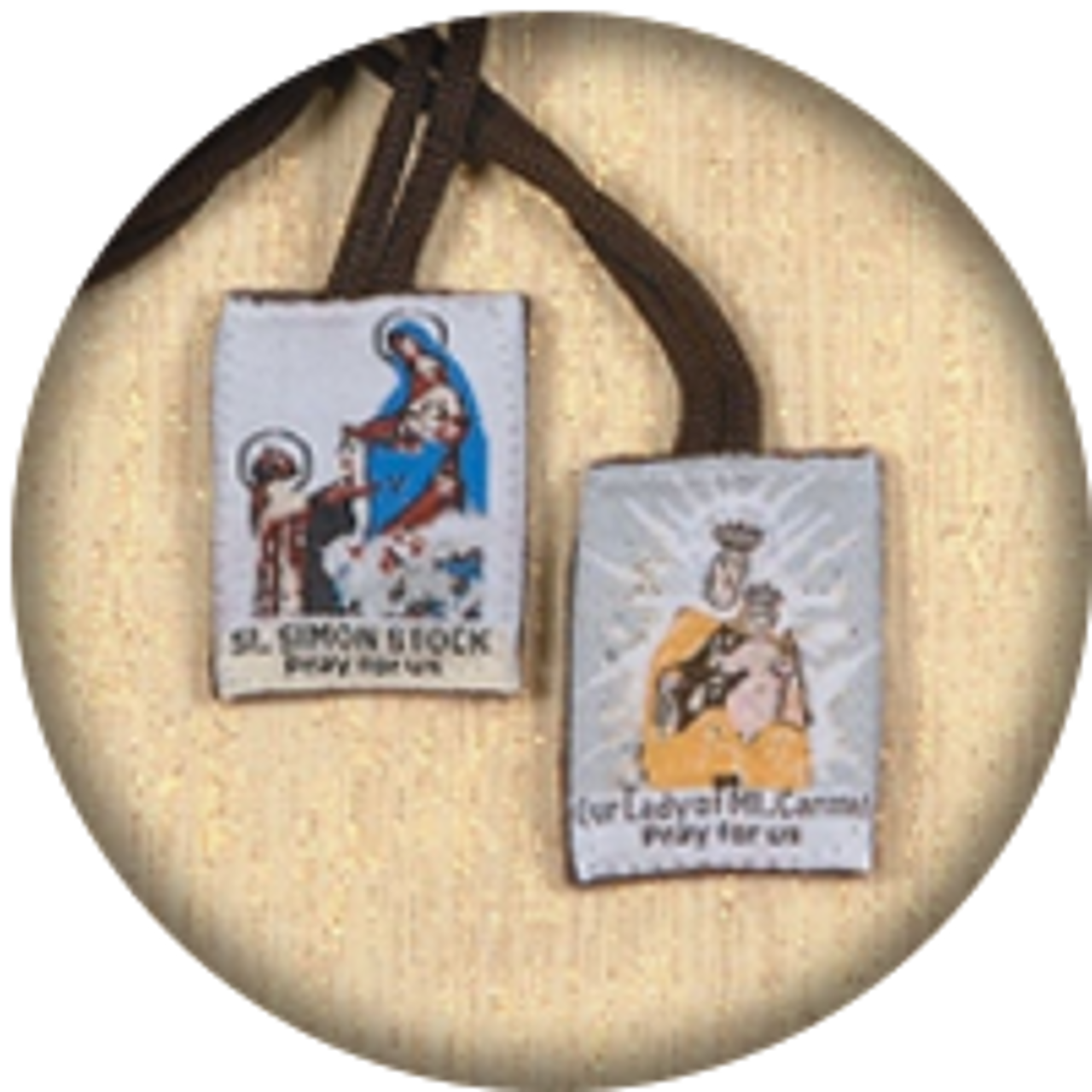9/11… 2015 THOUGHTS, PRAYERS, CALLS
Kathy Boh on 11th Sep 2015
9/11… 2015
THOUGHTS, PRAYERS, CALLS
(This blog will return to the Laudato Si series, God willing, very soon. The encyclical is rich in honest wisdom and insight.)
Today, we recall the events of 9/11/2001 and remember the shock and horror we and others felt… and also, the courage and devotion of many. I was working as the main receptionist for Fidelity Investments in Blue Ash, Cincinnati, at the time. The company employed thousands locally, in both Blue Ash and in the northern Kentucky campus. We also happened to have offices across the street from the Twin Towers in New York City, and realized, throughout, that these co-workers were in potential danger. As that morning unfolded, we watched the scenes and heard the reports—feeling personally the confusion and distress, pain and disbelief, horror and anguish at this tragedy. Today we return to those difficult memories, and add some prayers, some words of comfort, and some not-so-easy calls. But we gladly acknowledge that, throughout history, that there has never been a better time to hear, to recognize, and to heed the Lord’s voice in our lives than now. “Today, if you hear his voice, harden not your hearts…” [Ps. 95:8, Hebr. 3:8,15; Hebr.4:7]
Many people have believed that “9/11” helped serve as a “wake-up” call to our nation. Today, we devote some attention to one such author who connects that call to God’s word in scripture. Much has been written in the Old Testament—especially the “Pentateuch”, the first five books—that some call “out-dated” or “no longer useful”. Jonathan Cahn brings to light some new applications and connections found there.
Some people have heard of the religious term, “year of jubilee” or “jubilee year”. It has its origins in the people of Israel, God’s chosen people. The jubilee year occurred every 49 years, or 7 periods of 7 years… at the end of what was called a “Shemitah” year. What many of us are not so familiar with is the fact that every 7 years, those of the Jewish faith are called (originating on Mt. Sinai, with Moses) to such a “Shemitah” year—the equivalent of a “Sabbath” year. This is a year of rest for the land that affects property and property ownership, farming, and other aspects of land and income. For that period of time, the land would be available to everyone. In a sense, it would be as if it had no owner. The year would then end with a release of debts. Simply put, no one was to work the land that year, but instead, treat the year as a holy year of special devotion to the Lord.
It happens that this weekend marks the end of such a year. Sunday, September 13, 2015, at sundown marks the last day of the Shemitah year—the 29th of the Hebrew calendar month “Elul”. It also is a day of a full moon and a full solar eclipse (seen in different ways, depending on one’s geographical location in the world). Additionally, at sundown, it marks the beginning of the Jewish new year (Rosh Hashana) on Tishrei 1, and the Jewish Feast of Trumpets. Today—Friday, September 11th, 2015, marks the anniversary of the “9/11” event at the twin Towers in New York City—and in other painfully devastated U.S. locations that day— in the year 2001.
Our compassion, prayers, and support continue to go out toward those who lost loved ones that day, and in the war-filled years that followed. Loss is not just loss for a day… or a month… or a year… but for a lifetime. There are many still feeling the effects. Special thanks go out to those whose response that day—and war-filled days since—was one of bravery and courageous action, even to the point of death or debilitating injury.
That year just also happened to be another “Shemitah” year, whose end was that very day—September 11th, 2001, or Elul 29 on the Hebrew calendar. We will look at what some of this means, and then look at some quotes from Pope Francis from his recent encyclical, Laudato Si.
[PLEASE NOTE: Neither Pope Francis nor Jonathan Cahn intended a philosophical or theological connection here. But as I have been preparing for the 6 part blog on Pope Francis’ encyclical, I could not help noting some connections… particularly as we face this day, and the issues we see around us in the world. ADDITIONALLY, PLEASE NOTE: None of the opinions expressed here are necessarily those of employees or management of Trinity Church Supply.]
So—what, exactly, does “Shemitah” mean?
Explanations and potential connections are well-documented in two books written by Jonathan Cahn, who describes himself as a Messianic Jewish Rabbi pastor in New Jersey. The books were published between 2012 and 2015—most notably, The Harbinger and The Mystery of the Shemitah. [FrontLine Publishers, Lake Mary, Florida 32746] Both books are biblical, historical, and prophetic in nature. They trace cycles in history that explain and exemplify the connection that the timing of the Hebrew calendar (including Old Testament revelations of God’s instructions that began on Mt. Sinai to Moses) has had, and continues to have, in history.
The following is from The Mystery of the Shemitah, (with page numbers marked.)
“The Shemitah is to years as the Sabbath is to days.” [see Leviticus 25:1-4; Exodus 23:10-11; Deuteronomy 15:1-2] “It takes place once every seven years... It is a year of cessation, release, and rest… It leads and builds up to its climactic final day, Elul 29, the Day of Remission, the Day of Nullification…. [when] all debts are canceled and all credit released, and the nation’s financial accounts are transformed and wiped clean… The Shemitah, like the Sabbath day, was intended to be a blessing for the nation of Israel. The words and concepts most associated with it—the ‘release’, ‘the remission’, ‘the forgiveness of debt’—are all positive.” (p. 32-33)
“The Shemitah was a sign of the nation’s covenant with God. Everything they had, the land and all its blessings, was dependent on that covenant and their relationship with God. It was all entrusted to them, but it belonged to God. If they turned away from God… they would be removed from their blessings… So for the people of Israel to keep the Sabbath year was to acknowledge God’s sovereignty over their land and lives. It was also an act of faith. It required their total trust in God’s faithfulness to provide for their needs while they ceased from farming. In the same way, to cancel all the debts owed them was to sacrifice monetary gain and, again, to rely on God’s providence… an act of devotion and worship, to put God above everything else in one’s life.” (p. 38)
“On the other hand, to abandon or reject the Shemitah would signify…the rejection of God’s sovereignty over the land and [their] lives. It would be as if they said, “The land does not belong to God, but to us. Our blessings, our possessions, everything we have in our lives, come not from God but from the work of our hands, nor does it belong to God, but to us. We will not sacrifice profit or gain for the sake of pursuing God, nor will we allow anything to halt or interrupt these pursuits. We have no need, no time, and no room for God in our lives or in the life of our nation.” (p. 38)
“So the matter of the Shemitah was critical. Upon it rested the nation’s future… Israel’s rejection of the Shemitah set in motion a series of far-reaching consequences and repercussions. If God is not sovereign over the land and its people, then the land and its people become cut off from the Creator. A God-centered worldview is replaced by a man-centered and self-centered world view.” (p. 39)
“So the people of Israel drove God out of their lives to become their own gods, masters of the land, their world, and their destiny. They could now rewrite the law and redefining what was right and wrong, moral and immoral.”
“Without God nothing would be holy or, for that matter, unholy. Nothing had any purpose except the purpose they now assigned it. And with no true purpose, they could do whatever they wanted—not only with their land, but also with their lives, with each other, and with their children. Thus they lifted up their children as sacrifices on the altars of foreign gods.”
“It was for this last transgression that the judgment finally fell. It began with the breaking of the Shemitah and ended in the offering of their sons and daughters in the fires of Baal and Molech, the sin that would bring about the nation’s destruction.” (p. 39)
It was Abraham Lincoln who said, “He has a right to criticize who has a heart to help.” We never need to justify God. But we will honor Him. Our God has a heart that IS love Personified. In fact, it fills His whole Being. The cross dramatically shows the extent of “help” He is willing to give…
The “good news” of God’s word is not always what feels or looks “good”. Some of it is warning; some is a call to repentance and to God’s great and gracious mercy. That’s “good news” for sure, but the cause and call to repentance doesn’t usually look or feel “good”. At a time when many in the Christian realm are calling for just that, we take a quick look at this centuries old call to repentance and a return to a new focus on our God. We will continue Jonathan Cahn’s explanation of the historical, biblical repercussions of continued and marked disobedience to God’s clear and revealed word… after God’s numerous years—centuries—of patient correction and warning toward His beloved people.
God’s deepest desire is ALWAYS to express love and compassion, blessing and protection to His creation and to His people. But He can both warn and foresee disaster—as He knows the end from the beginning—along with the precise consequences of leaving His protective wings, His arms, and His care. We see that clearly in His word.
Despite our enormous desire to see widespread change, we remind ourselves that each person has that choice. And each person has a voice and a heart that matters much. And even one person changed makes a difference in this world—and makes heaven (even wildly!) rejoice!
“When the judgment fell in 586 BC, the holy city would be left a burning ruin, the holy land a vast desolation, and the people captives in a foreign land… The nation had driven God out of their lives and the Shemitah from their land. Now it would return to them. What they had refused to observe freely would now come upon them by (p. 39) force. It would come back at them not in the form of blessing, but of judgment…Through judgment and calamity the ordinance was not fulfilled."
"During the Shemitah everyone who owned a vineyard or a grove [or a field] had to open it up to those in need… The gates of walled and fenced lands were unlocked and left open the entire year. In the destruction of 586 BC the gates were opened by force, walls were broken down, fences were destroyed… and … land became accessible to all. In judgment the Shemitah was fulfilled… The calamity canceled and wiped out and nullified credit by force… of destruction. (p. 40) … [W]ith the people in exile, the land of Israel rested.
‘Then the land shall enjoy its Sabbaths as long as it lies desolate and you are in your enemies’ land; then the land shall rest and enjoy its Sabbaths.’ (Leviticus 26:34)"
"There had been a total of seventy Sabbath or Shemitah years that the nation had not observed. So Israel’s judgment would last seventy years.
‘As long as it lies desolate it shall rest—for the time it did not rest on your Sabbaths when you dwelt in it.’(Leviticus 26:35)” (p. 41)"
Pope Francis writes in a similar vein [in Laudato Si, with paragraphs numbered and included here:]
"God decided to open a path of salvation. In this way he gave humanity the chance of a new beginning… The biblical tradition clearly shows that this renewal entails recovering and respecting the rhythms inscribed in nature by the hand of the Creator. We see this, for example , in the law of the Sabbath… God…commanded Israel to set aside each seventh day as a day of rest, a Sabbath (cf. Gen 2:2-3; Ex 16:23; 20:10). Similarly, every seven years, a sabbatical year was set aside for Israel, a complete rest for the land (cf. Lev 25:1-4), when sowing was forbidden and one reaped only what was necessary to live on and to feed one’s household (cf. Lev 25:4-6)."(71)
"Finally, after … forty-nine years, the Jubilee was celebrated as a year of general forgiveness and ‘liberty throughout the land for all its inhabitants’ (cf. Lev 25:10). This law came about as an attempt to ensure balance and fairness in their relationships with others and with the land on which they lived and worked. At the same time, it was an acknowledgment that the gift of the earth with its fruits belongs to everyone. Those who tilled and kept the land were obliged to share its fruits, especially with the poor, with widows, orphans and foreigners in their midst: ‘When you reap the harvest of your land, you shall not reap your field to its very border, neither shall you gather the gleanings after the harvest.”(71)
(Remember Ruth and Boaz?She had followed her widowed mother-in-law to a strange land—Israel—and declared that “Your people shall be my people, and your God, my God”. Recall how she was allowed—as a widow/foreigner—to glean the field of the kind and respectful Boaz? She became—through a subsequent marriage to Boaz—the great-grandmother to King David. Her husband, Boaz, was the son of Rahab, who saved the lives of the Israeli spies on the walls of Jericho. Paul tells it like this in the famous “heroes of faith” chapter—11—in the book of Hebrews… 11: 30,31 : “By faith the walls of Jericho fell after being encircled for seven days. By faith Rahab the harlot did not perish with the disobedient, for she had received the spies in peace.”)
"And you shall not strip your vineyard bare, neither shall you gather the fallen grapes of your vineyard, you shall leave them for the poor and the sojourner.’ (Lev 19:9-10). "(71)
“… It is not easy to promote...healthy humility...when we exclude God from our lives or replace him with our own ego, and think that our subjective feelings can define what is right and what is wrong…(224) …[W]hen we stop and give thanks to God… That moment of blessing… reminds us of our dependence on God for life… and it reaffirms our solidarity with those in greatest need.” (227)
“Whether believers or not, we are agreed today that the earth is essentially a shared inheritance, whose fruits are meant to benefit everyone. For believers, this becomes a question of fidelity to the Creator, since God created the world for everyone… The Christian tradition has never recognize the right to private property as absolute or inviolable… ‘[T]he Church does indeed defend the legitimate right to private property, but she also teached no less clearly that… goods may serve the general purpose that God gave them’. Consequently… ‘it is not in accord with God’s plan that this gift be used in such a way that its benefits favor only a few.’[quotation marks indicate quotes from John Paul II]. This calls into serious question the unjust habits of a part of humanity.”(93)
“We must regain the conviction that we need one another, that we have a shared responsibility for others and the world, and that being good and decent are worth it. We have had enough of immorality and the mockery of ethics, goodness, faith and honesty.”(229)
“… [A] community can break out of …indifference… In this way, the world, and the quality of life of the poorest, are cared for, with a sense of solidarity which is at the same time aware that we live in a common home” [our world] “which God has entrusted to us…” (232)
PRAYER
We give thanks to the Lord, first, that many who have died have put their lives in His hands, and die in His arms, spending eternity before His face and in His magnificent presence. We pray and ask for mercy on others who have not come to make this choice. We thank the Lord Jesus Christ that He died to give us the amazing freedom to live—to live in, for, and through Him. We ask for the grace to follow His call to die to ourselves. And as we do so, may we find new life and new hope in Him—to give and share with others.
For those who lost loved ones—both on that day, 9/11, and in the days following amidst war, fighting for our sake, and/or saving others’ lives for love’s sake—we offer prayers for continued comfort, peace, and on-going new life. As Jesus Christ set the example and called us to follow: “My life has been given as a ransom for many.”[Mt.20:28] We understand that some die that others may live. May we know that those who died have not died in vain.
May we heed every call of the Lord in our lives, today, to live soberly, in peace and justice and love. May we hear His call to return to His heart, to His face, to His ways, to His truth and to His life. Again, we declare: “Today, if you hear his voice, harden not your hearts…” May a change of heart in our nation that began with the events in September of 2001 not diminish as it did then. May it continue to come to fruition and not be aborted—not turn cold—as some believe happened then. May we not turn away, nor lose our determination, nor partially nor temporarily realize change, but go even deeper to sustain true and lasting change. May we walk it out, step by step in our lives as He leads us by grace. We ask all this in the name of the Lord Jesus Christ.
“TODAY, if you hear his voice, harden not your hearts.”
In the days ahead, look for the rest of the 7-part series on Laudato Si.










